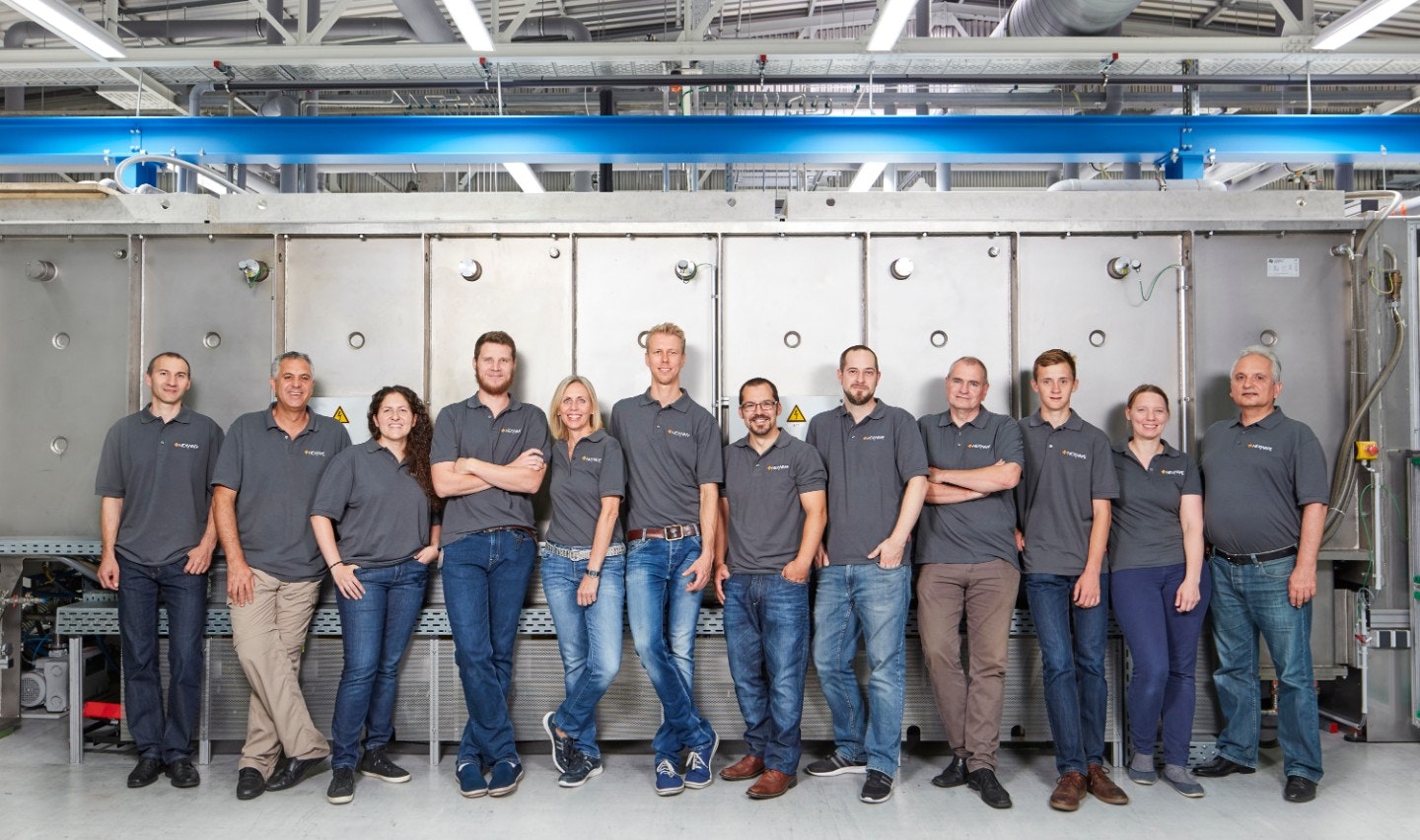When Mathilde Nême and her two female cofounders launched Omena, a health app that supports women going through menopause, it took them only three weeks to raise a €400k pre-seed round.
It was August 2021, the three of them had just finished university and record levels of VC money was flowing.
Fast forward 18 months, and the Paris-based startup has just secured an additional €900k — but this time, it took more than a year.
Funding for startups has reduced dramatically across Europe in 2023, and by the end of the year, funding into early-stage companies is expected to have more than halved compared to 2021 figures, according to UK VC Atomico.
Founders across the board are struggling to secure their next round of funding. But startups like Omena arguably face even greater obstacles.
“We’re women, we’re young, we’re doing femtech,” says Nême. “Clearly, that doesn’t help.”
Risk-averse VCs
Whether female founders are disproportionately affected by the downturn is unlikely to be reflected in data, given that women-only teams in Europe typically raise less than 5% of total investor money.
Last year, startups in Europe founded by women accounted for only 2% of total funds raised. Only two funding rounds involving all-female startup teams in 2022 raised more than €50m, compared to 215 deals for men.
“We’re so marginal,” says Kinga Stanislawska, VC and founder of advocacy group European Women in VC. “A single deal could take these numbers up or down.”
It’s possible that existing bias against women has increased in a difficult economic context, as VCs become more risk-averse.
“In a time of crisis, you take less risks. And for many VCs, investing in female-founded companies means taking greater risks,” says Delphine Remy-Boutang, a business angel and founder of JFD, an organisation that promotes women entrepreneurs.
Omena’s Nême recalls an informal interaction she had with an investor when the company was raising its second round. “I was told: ‘We’re going through a difficult time, there’s not much money and what will make you stand out is if you show you’re ruthlessly ambitious. When I see you, three young women, I’m not so sure.’” she says.
As a woman, you actually have a greater chance of raising funds
But tighter VC pockets could also unlock opportunities for female founders.
Anna Litwińska, the founder of Warsaw-based Evidose, which provides a tool to test the effectiveness of wellness products like food supplements, is currently raising the company’s first funding round.
“It’s easier than I expected,” she says. “Because of the downturn, it matters more to VCs what your plan is, rather than how you talk about it.
“If you’re well-prepared and have something that makes sense, as a woman you actually have a greater chance of raising funds [compared to a couple of years ago].”
Where good storytelling and a big vision were enough to land a fat cheque just a couple of years ago, VCs are now paying more attention to tangible metrics and robust business models — areas that leave less room for unconscious bias.
Charlotte Bax, the solo founder of UK computer vision startup Captur, found it similarly straightforward to raise her second and latest round — a £2.2m seed announced last month.
“I had already gained some track record with the business,” she says. “Once you have the metrics that demonstrate you’re building a product people like, it really becomes about the strategy and the market.”
Studies have shown that venture-backed companies led by women tend to be more capital-efficient, achieve better return on investment and earn higher revenue. More recent data from PitchBook also shows that, in the US, female-founded companies maintain a lower burn rate, using up to 25% less capital per month than male peers. Those are data points that VCs are now keeping under close watch.
The bigger picture
Tatiana Jama, the founder of SISTAFUND, a VC that focuses on backing female founders, says that the downturn is unlikely to impact a bigger trend at play — that the number of female founders is growing, albeit slowly. “There have still been some amazing fundraising rounds led by women this year,” she says.
“We’re now seeing the emergence of a generation of women who are fundraising. I think that’s a fundamental shift.”
The success of more female entrepreneurs has also given rise to a wider pool of business angels who want to encourage younger founders — and who have been key in supporting women-led companies struggling to convince investors to part with their cash right now.
Athénaïs Oslati, the founder of French AI company ONTBO, raised her second round, of €2m, at the end of 2022. She spent some time inconclusively talking to VCs before deciding to secure funds exclusively from eight business angels, three of which are women.
“I reached out to business angels around me that knew and supported the project from the start,” she says. “It all happened through networking.”
Similarly, Nême tried to raise funds for Omena with VCs for months, before eventually turning to individual business angels. Almost half of the funding she closed with her team came from women.
“There is a huge dynamic of women who succeeded and who are now business angels,” says JFD’s Remy-Boutang, who is one of the investors in ONTBO. “And they want to invest in women founders.”


